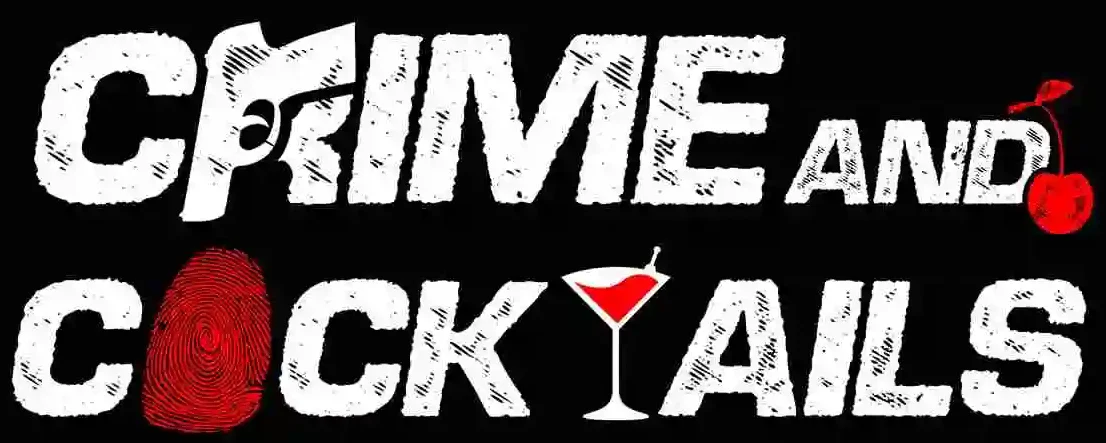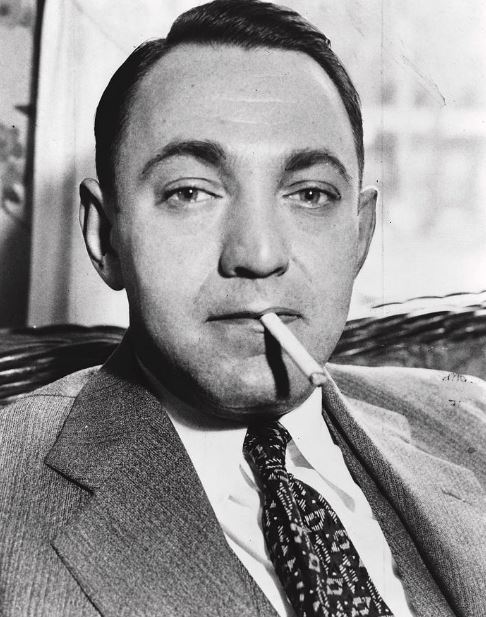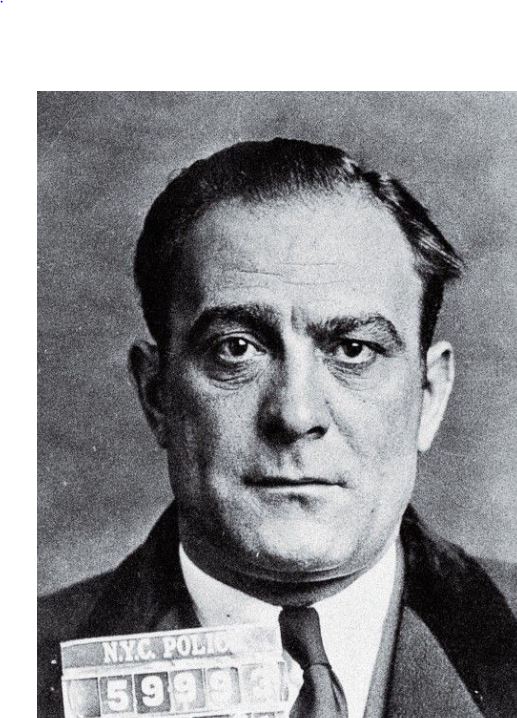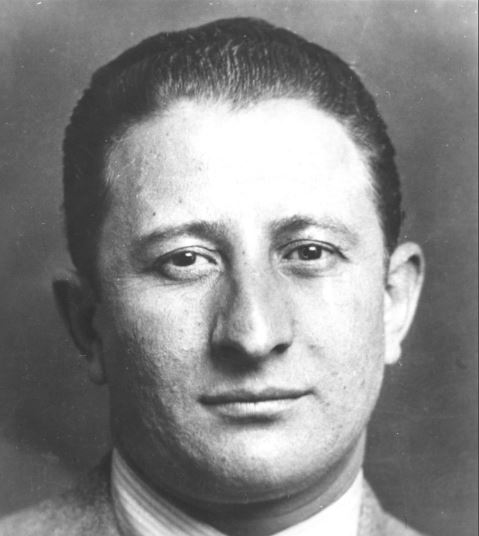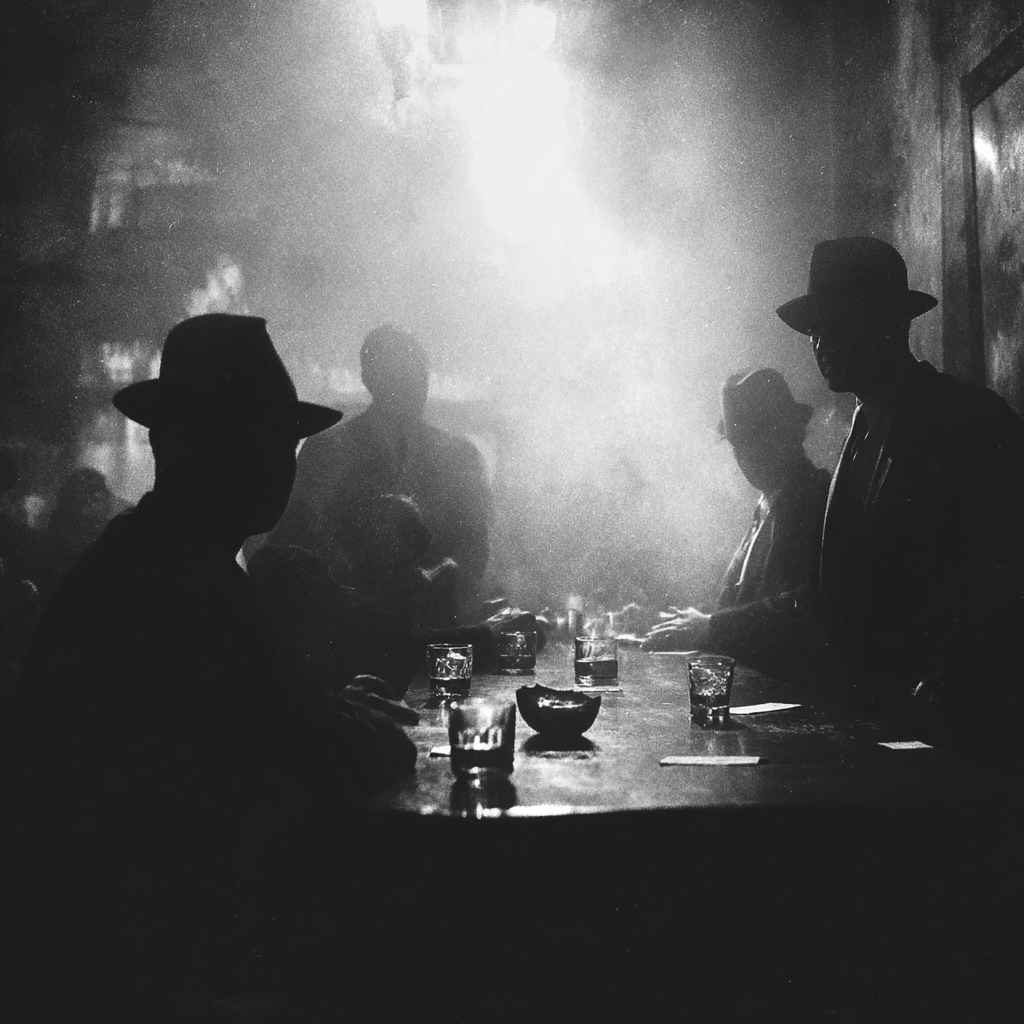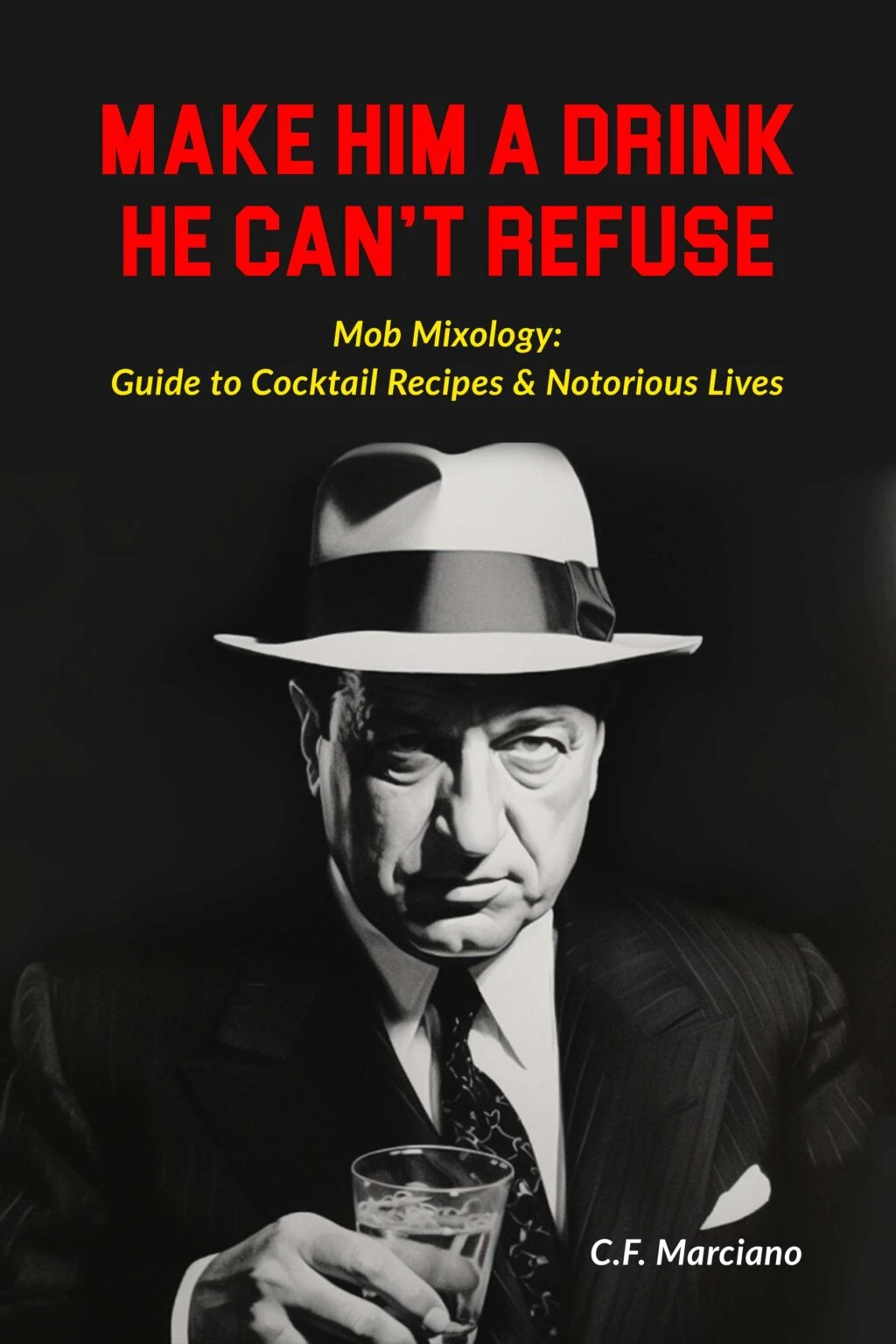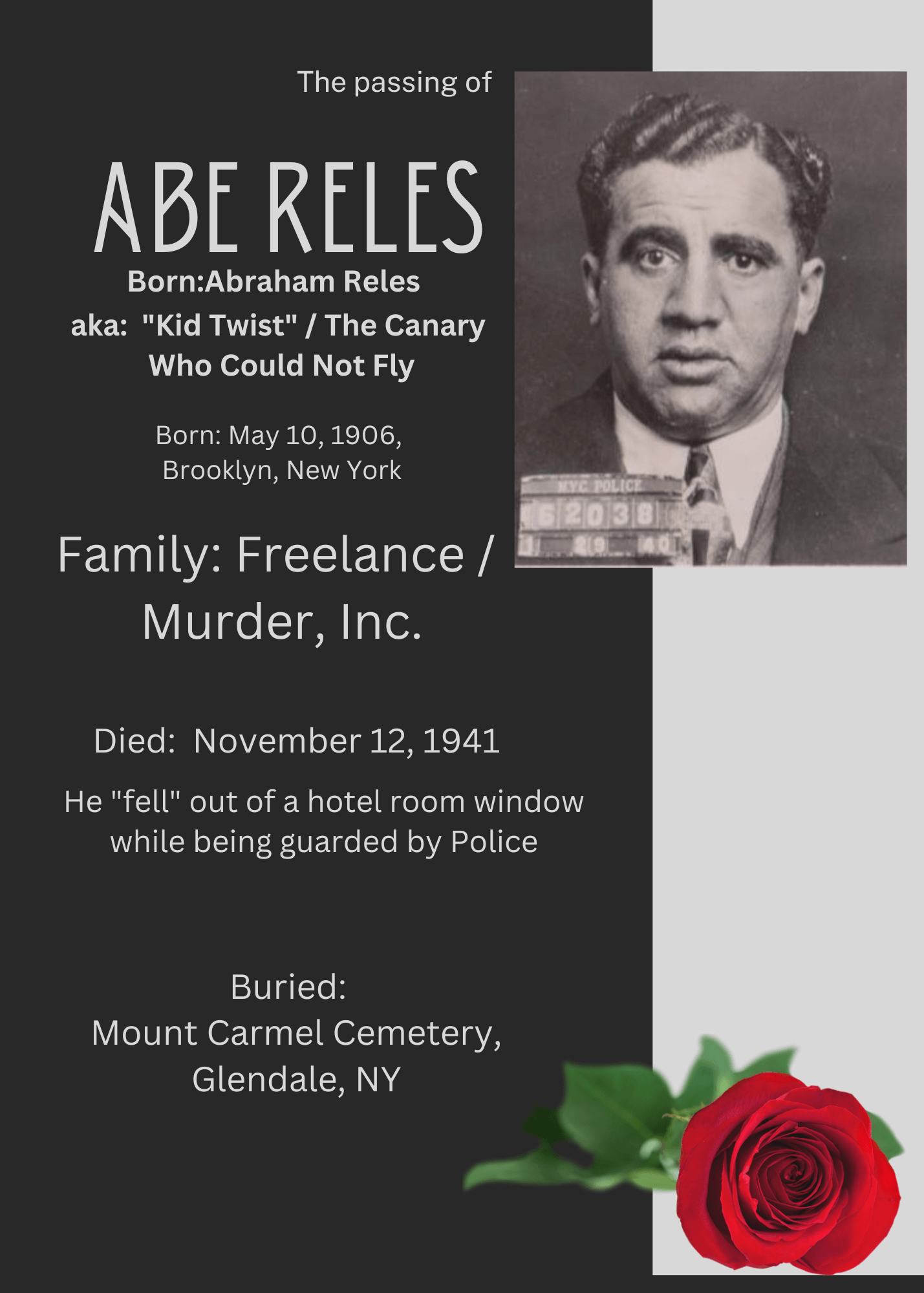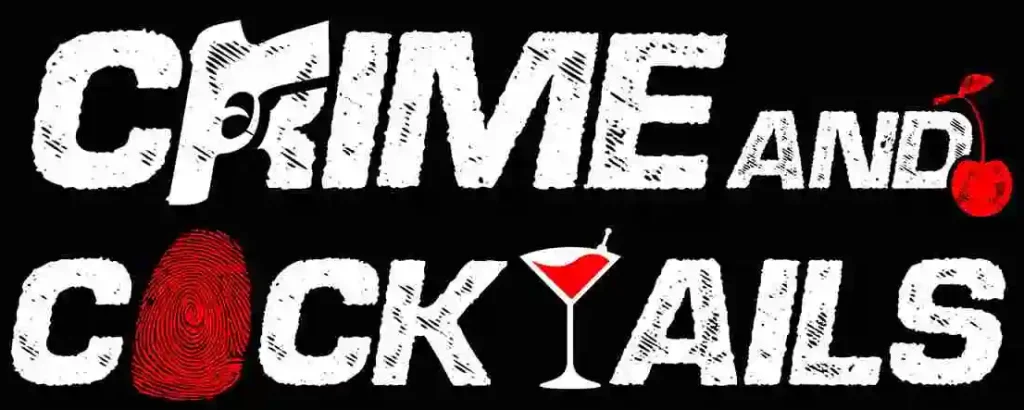By the time Dutch Schultz lay dying in a Newark hospital, delirious and spouting cryptic nonsense, it was already too late for regrets. The man born Arthur Flegenheimer had made his name in blood and bootleg whiskey, clawing his way to power through extortion, betrayal, and the barrel of a gun. But for all his cunning and brutality, Schultz’s downfall came not from the law, not from the streets—but from his own deluded, egotistical unraveling.
Dutch Schultz was never just a gangster. He was a volatile storm of contradictions—brilliant yet unstable, calculating yet reckless, a man whose narcissism eventually consumed him. By the mid-1930s, Schultz had convinced himself he was untouchable. That belief would get him killed.
The Rise of a Madman
Schultz carved his criminal empire during Prohibition, thriving on bootlegging, then pivoting to the lucrative numbers racket as alcohol went legal. But it wasn’t enough to be rich. Schultz wanted control—total, unquestioned, godlike control. He lorded over the streets of New York with a sneer and a .45, surrounding himself with men who feared him more than they respected him.
One of his most vicious rackets involved extorting restaurant owners by creating labor chaos and then offering them “protection” through an association he himself controlled. When they resisted, Schultz unleashed hell: strikes, stink bombs, and wage demands that could bankrupt even thriving businesses. His enforcer, Jules “Julie Martin” Modgilewsky, made sure the message was clear—join the Association, or watch your livelihood burn.
But Schultz’s paranoia ran as deep as his greed. When he suspected Martin of skimming from the take, he didn’t ask questions. In a drunken haze, Schultz confronted him at a hotel. The scene that unfolded was straight out of a horror film: Martin, defiant and drunk, denied the theft until Schultz snapped. One swift motion—Schultz’s hand under his vest, gun to Martin’s mouth, trigger pulled. No warning. No hesitation. Just cold-blooded execution.
And yet, when Martin’s body was later found stabbed a dozen times and dumped in a snowbank, Schultz didn’t flinch. “I cut his heart out,” he told his lawyer, as casually as if he were discussing the weather.
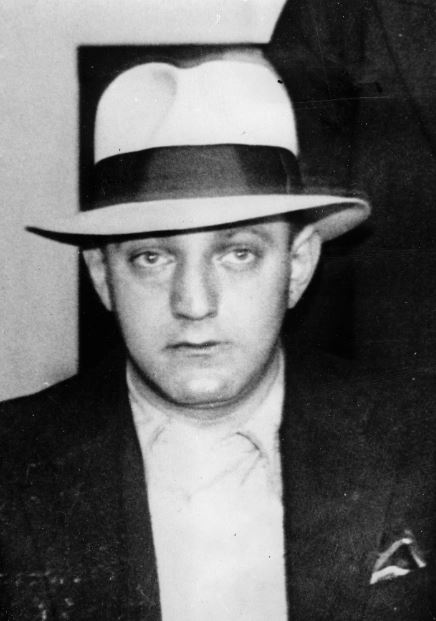
A Dangerous Obsession
By 1933, Schultz had drawn the ire of a new enemy—not a rival mobster, but U.S. Attorney Thomas Dewey. Dewey was relentless, principled, and ambitious, everything Schultz was not. He indicted Schultz for tax evasion, launching a legal war that dragged on for years.
Schultz, ever the schemer, surrendered in Albany and maneuvered to have his trial moved upstate, where he posed as a generous country gentleman. Toys for children, donations to businesses—he bought goodwill like he once bought cops. It worked. The jury acquitted him, despite overwhelming evidence.
But the victory was short-lived. New York’s Mayor Fiorello La Guardia, disgusted by the outcome, banned Schultz from returning to the city. Forced to relocate his operations to Newark, Schultz’s empire began to crack under the pressure.
Legal bills mounted. Schultz began draining the profits of his own rackets, slashing payments to the very men who kept his operation running. His lieutenants, furious and underpaid, staged a mutiny. Bo Weinberg, his most trusted enforcer, even reached out to Lucky Luciano to discuss a takeover. It was treason, but it was survival.
Unhinged and Unstoppable
Here’s where Dutch Schultz went off the rails.
Convinced that Dewey was the root of all his problems, Schultz proposed to the National Crime Syndicate—Luciano’s ruling body of organized crime—that Dewey be assassinated. Every major figure on the Commission balked. Killing a prosecutor of Dewey’s stature would bring down the full fury of the law on everyone.
But Schultz didn’t care. The Commission voted unanimously against the hit. Schultz stormed out of the meeting, declaring that he’d kill Dewey anyway.
This was no idle threat. He asked Albert Anastasia, head of Murder, Inc., to begin surveillance on Dewey’s Fifth Avenue apartment. Anastasia, no fool, immediately reported Schultz’s insubordination to Luciano. What followed was a clandestine six-hour meeting among the Commission’s top brass.
The verdict: Dutch Schultz had become a liability. He was a time bomb, a narcissistic lunatic who would drag them all down in his delusional quest for revenge. The Commission ordered a hit—not on Dewey, but on Dutch himself.
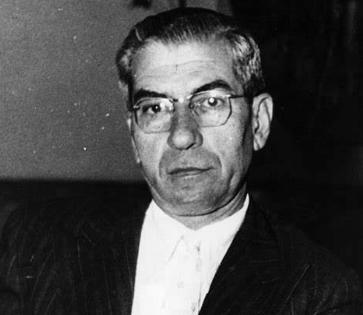
Death in a Newark Steakhouse
On October 23, 1935, Schultz sat in the men’s room of the Palace Chop House in Newark, oblivious to the fact that his execution had already begun. Two hitmen from Murder, Inc.—Charles “The Bug” Workman and Emanuel “Mendy” Weiss—entered the restaurant with cold precision.
Workman found Schultz’s bodyguard and two lieutenants seated at a table. Without a word, he opened fire. Moments later, he made his way to the restroom and gunned down Schultz as he emerged, a blur of bullets and blood.
Schultz didn’t die immediately. In a surreal twist fitting for a man so steeped in madness, he lingered for nearly a day in a hospital bed, mumbling incoherently as fever and shock consumed him. His final words were a jumble of nonsense—bizarre, stream-of-consciousness ravings that only reinforced the fact that Dutch Schultz had not just been dangerous. He had been insane.
A Legacy of Madness and Blood
Dutch Schultz’s story isn’t one of tragic downfall. It’s a cautionary tale of a man who rose on fear and fell by his own ego. He was the embodiment of chaos—narcissistic, erratic, utterly unhinged. He couldn’t be controlled. He wouldn’t be reasoned with. And in the end, not even the most powerful criminals in America could tolerate him.
Bo Weinberg, the loyal lieutenant who once helped build Schultz’s empire, vanished without a trace—likely another casualty of Dutch’s paranoia. Associates defected. Allies turned silent. Dutch believed he was a king, but in truth, he ruled over a crumbling kingdom made of rot, betrayal, and bullets.
Had he listened to the Syndicate, had he kept his mouth shut and his gun holstered, Dutch Schultz might have lived to see the next chapter of the American underworld. Instead, his stubborn pride and obsession with vengeance sealed his fate.
In the end, Dutch Schultz wasn’t killed by the law, or even by his enemies. He was killed by Dutch Schultz.
Penned by the Infamous C.F. Marciano – A Name You Don’t Forget.
